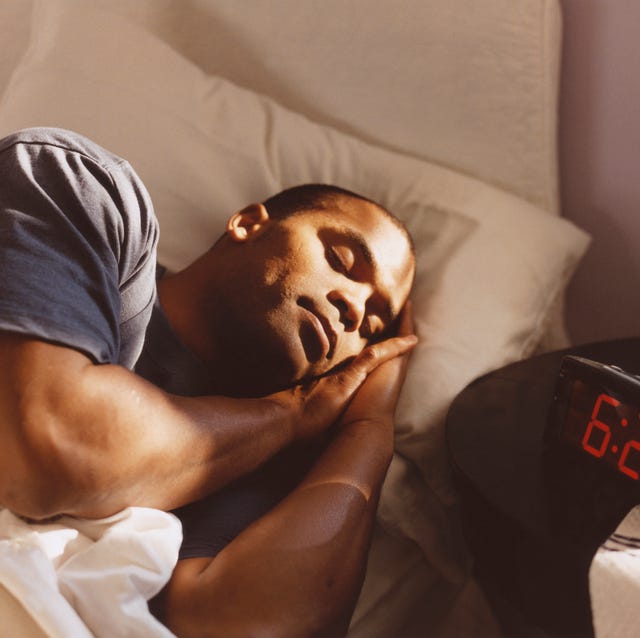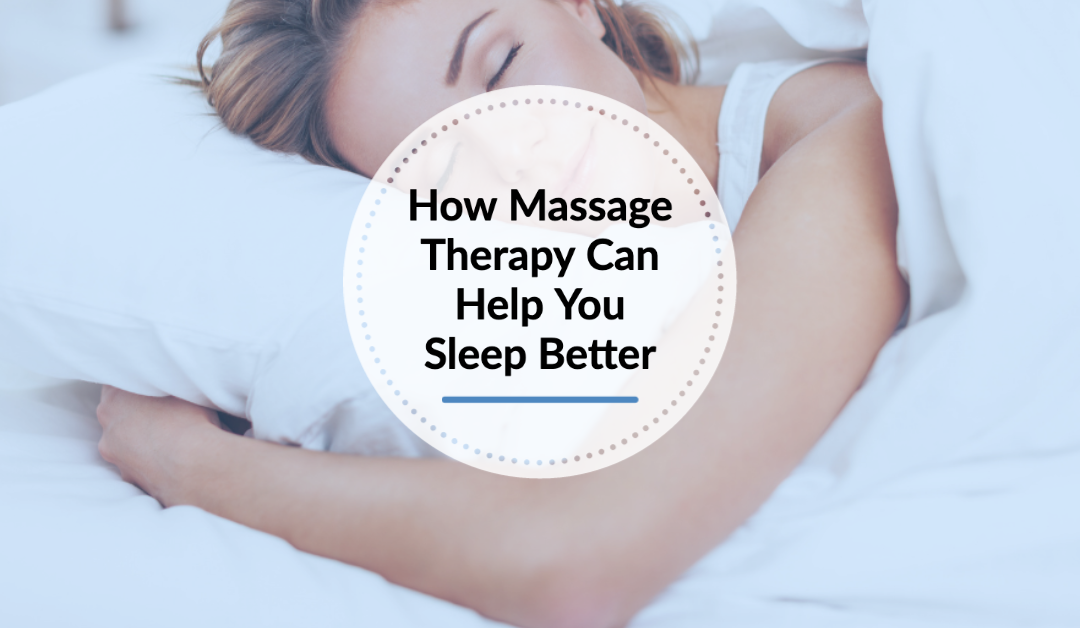Specialist Insomnia Counseling - Get Specialist Support
Specialist Insomnia Counseling - Get Specialist Support
Blog Article
Efficient Treatment Solutions for Managing Rest Disorders and Enhancing Restful Sleep
In the realm of health care, the administration of rest problems and the mission for peaceful sleep are essential components of general wellness. As we navigate the detailed landscape of rest disorders and look for to enhance our sleep experience, a deeper understanding of these therapy solutions may hold the key to unlocking a much more relaxing and meeting restorative journey.
Cognitive Behavior Treatment for Insomnia (CBT-I)
Cognitive Behavior Modification for Sleeping Disorders (CBT-I) is a structured, evidence-based treatment approach that concentrates on dealing with the underlying factors adding to rest disturbances. This sort of therapy aims to change behaviors and ideas that exacerbate sleeplessness, inevitably advertising healthy and balanced rest patterns. CBT-I usually includes a number of crucial elements, consisting of cognitive therapy, sleep restriction, stimulation control, and sleep hygiene education.
Cognitive therapy assists individuals identify and change unfavorable thought patterns and beliefs about sleep that may be preventing their capacity to drop or remain asleep. Sleep limitation involves limiting the quantity of time invested in bed to match the individual's actual sleep period, thereby boosting rest effectiveness (sleep improvement therapy). Stimulus control strategies aid develop a strong association between the bed and rest by urging people to go to bed just when sleepy and to avoid involving in promoting activities in bed
In addition, sleep hygiene education concentrates on developing healthy rest habits, such as maintaining a regular sleep routine, producing a relaxing going to bed routine, and maximizing the sleep atmosphere. By addressing these factors thoroughly, CBT-I provides a reliable non-pharmacological intervention for handling insomnia and boosting overall sleep top quality.
Rest Health Practices
Having established the structure of cognitive restructuring and behavioral adjustments in resolving sleeping disorders via Cognitive Behavioral Treatment for Insomnia (CBT-I), the focus now shifts towards checking out necessary Rest Hygiene Practices for preserving optimum rest high quality and total health.
Sleep hygiene techniques incorporate a variety of practices and environmental elements that can dramatically impact one's ability to go to sleep and remain asleep throughout the evening. Constant sleep and wake times, creating a relaxing bedtime routine, and enhancing the rest environment by maintaining it dark, silent, and cool are essential components of excellent rest hygiene. Limiting direct exposure to displays prior to going to bed, avoiding stimulants like caffeine near to going to bed, and taking part in routine exercise during the day can likewise advertise better sleep quality.
Moreover, exercising relaxation strategies such as deep breathing exercises or meditation prior to bed can assist calm the mind and prepare the body for sleep. By incorporating these rest health practices into one's day-to-day routine, individuals can establish a healthy rest pattern that supports restful rest and total wellness.
Leisure Methods and Mindfulness
Applying leisure techniques and mindfulness techniques can play an essential function in cultivating a feeling of calm and advertising high quality sleep. insomnia therapy. These methods aim to silent the mind, decrease stress and anxiety, and develop an optimum environment for relaxing rest. One extensively exercised technique is deep breathing workouts, where individuals focus on sluggish, deep breaths to loosen up the body and mind. Dynamic muscle mass leisure involves tensing and then launching each muscle mass team, advertising physical relaxation. In addition, led imagery can assist transport people to a peaceful area in their minds, assisting in tension decrease and webpage boosting sleep quality.
By integrating these practices right into a going to bed routine, individuals can signal to their bodies that it is time to unwind and prepare for sleep. In general, integrating relaxation techniques and mindfulness practices can significantly add to handling sleep disorders and boosting general sleep high quality.

Medication Options for Sleep Disorders
After exploring leisure methods and mindfulness techniques as non-pharmacological interventions for improving rest top quality, it is important to think about medication choices for individuals with sleep conditions. In situations where lifestyle modifications and therapy do not offer sufficient alleviation, medicine can be an important tool in taking care of rest disruptions.
Typically recommended medicines for sleep problems include benzodiazepines, non-benzodiazepine hypnotics, antidepressants, and melatonin receptor agonists. Benzodiazepines, such as diazepam, are sedatives that can assist cause rest, but they are usually advised for short-term usage as a result of the risk of dependancy. Non-benzodiazepine hypnotics like zolpidem are likewise used to deal with sleep problems and have a lower risk of dependence compared to benzodiazepines. Antidepressants, such as trazodone, can be valuable for individuals with co-occurring depression and sleep disruptions. Melatonin receptor agonists, like ramelteon, target the body's all-natural sleep-wake cycle and can be helpful for controling rest patterns.
It is vital for individuals to seek advice from with a doctor to identify one of the most appropriate drug option based on their specific sleep problem and medical background.
Light Treatment for Body Clock Regulation
Light treatment, also referred to as photo-therapy, is a non-invasive therapy approach used to regulate body clocks and enhance sleep-wake cycles. This therapy entails direct exposure to brilliant light that mimics all-natural sunlight, which helps to reset the body's inner clock. By revealing people to certain wavelengths of light, normally in the check here morning or evening relying on the wanted effect, light treatment can effectively change the body clock to promote wakefulness throughout the day and improve peaceful rest at evening.
Study has actually revealed that light treatment can be specifically beneficial for people with circadian rhythm problems, such as postponed rest stage disorder or jet lag. It can also be handy for those experiencing seasonal affective disorder (SAD), a sort of depression that typically occurs during the winter season when all-natural light direct read exposure is lowered. Light treatment is usually well-tolerated and can be used in conjunction with other treatment approaches for rest disorders to optimize outcomes and improve overall sleep quality.
Conclusion
In verdict, effective therapy solutions for handling sleep problems and boosting peaceful sleep include Cognitive Behavioral Treatment for Sleep Problems (CBT-I), rest hygiene methods, leisure methods and mindfulness, medicine alternatives, and light treatment for body clock guideline. These methods can help individuals improve their rest quality and overall well-being. It is necessary to speak with a doctor to determine one of the most appropriate method for attending to sleep issues.
As we browse the detailed landscape of sleep conditions and seek to improve our rest experience, a deeper understanding of these treatment options may hold the secret to opening a more relaxing and fulfilling corrective journey.
Rest restriction entails limiting the quantity of time spent in bed to match the person's actual sleep duration, thereby boosting sleep effectiveness. Consistent rest and wake times, producing a relaxing going to bed routine, and optimizing the sleep setting by keeping it dark, peaceful, and cool are vital components of great sleep hygiene. Light treatment is typically well-tolerated and can be made use of in conjunction with other treatment approaches for sleep disorders to maximize outcomes and enhance total rest top quality.

Report this page